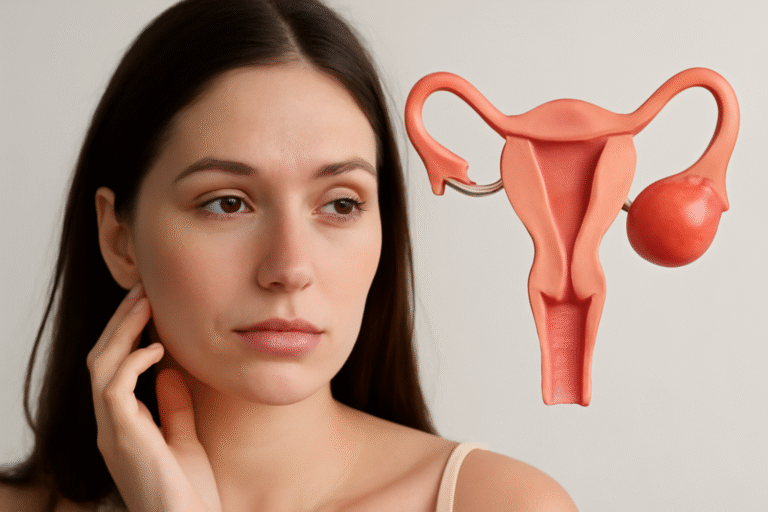Definition of infertility
If, after a year of trying, you are still unable to conceive, you have been diagnosed with infertility. It indicates that after six months of trying, a woman over 35 has not been able to conceive.
Infertility can also be identified in women who are able to conceive but are unable to carry a pregnancy to term.
Primary infertility is the term used to describe a woman who has never been able to conceive. A woman will be diagnosed with secondary infertility if she has previously had at least one successful pregnancy.
Women are not the only ones who struggle with concieving. Infertility can also affect men. In actuality, the likelihood of fertility issues is the same for men and women.
A third of infertility cases are caused by male issues, whereas around one-third are due to female infertility, according to the Office of Women’s Health (Trusted Source).
The etiology of the remaining one-third of instances may be unknown, or it may be a combination of male and female infertility.
Causes of male infertility
Infertility in men is typically associated with problems with the following:
efficient sperm production
The quantity of sperm, or sperm count
morphology of the sperm
movement of the sperm, encompassing both the sperm’s own wriggling motion and its passage through the male reproductive system’s tubes
Fertility can also be impacted by a number of risk factors, illnesses, and drugs.
Risk factors
- older age
- Smoking cigarettes
- heavy use of alcohol
- being overweigh or obese
- exposure to toxins, such as pesticides, herbicides, and heavy metals
Medical conditions
Male infertility can result from a number of medical disorders, such as:
Varicocele, or retrograde ejaculation, is the enlargement of the veins surrounding the testicles.
hormone imbalance, such as low testosterone production; testicles that have not yet entered the scrotum; and antibodies that target and kill your sperm
Medications and drugs
Male fertility can also be impacted by a number of treatments and pharmaceuticals, including:
Sulfasalazine (Azulfidine, Azulfidine EN-Tabs) is used to treat rheumatoid arthritis (RA) and ulcerative colitis (UC), while chemotherapy and radiation treatment are used to treat cancer.
Tricyclic antidepressants, calcium channel blockers, anabolic steroids, which are used to treat high blood pressure, hormonal problems such delayed puberty, and recreational drugs like cocaine and marijuana
Causes of female infertility
- Numerous factors that impact or obstruct the following biological systems can result in female infertility:
- Fertilization, which happens when sperm and egg connect in the fallopian tube after passing through the uterus and cervix, and ovulation, when the mature egg is expelled from the ovary
- When a fertilized egg adheres to the uterine lining, it undergoes implantation, where it can grow and develop into a baby.
Risk factors
Risk factors for female infertility include:
- Growing age
- Smking
- use of alcohol
- wieght
- having certain sexually transmitted infections (STIs, that can damage the reproduction system
Medical conditions
A variety of medical conditions can affect the female reproductive system and cause inability to concieving women.
Examples include:
- ovulation disorder, PCOS and hormonal changes
- Pelvic inflammatory disease
- Endometriosis
- Uterine fibriods
- Premature ovarion failure
- scarring from a previous surgery
Medications and drugs
Certain medications and drugs that can affect female infertility include:
- Chemotheraphy or radiation therapy
- long-term use of high-dosage nonsteroidal anti-inflammatory drugs (NSAIDS) such as aspirin (Bayer) and ibuprofen (Advil, Motrin)
- antipsychotic medications
- recreational drugs such as marijuana and cocaine





[…] Also read: What Causes Infertility. Key Factors That Affect Fertility […]